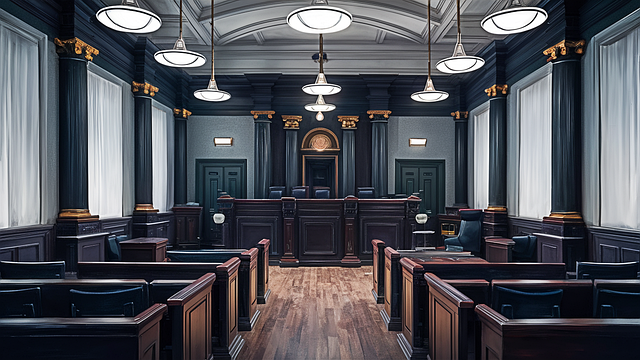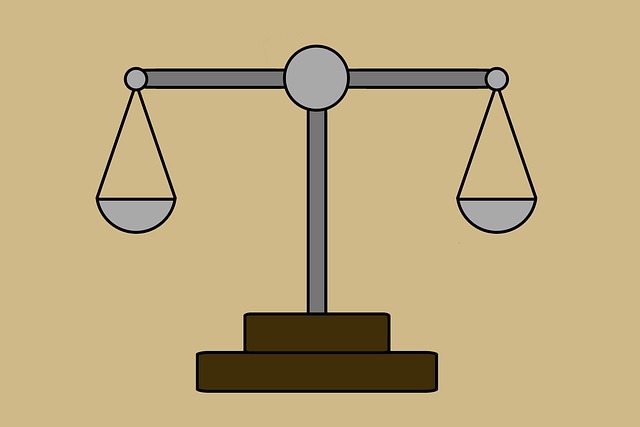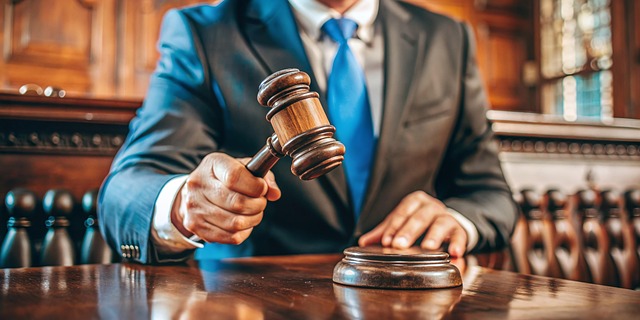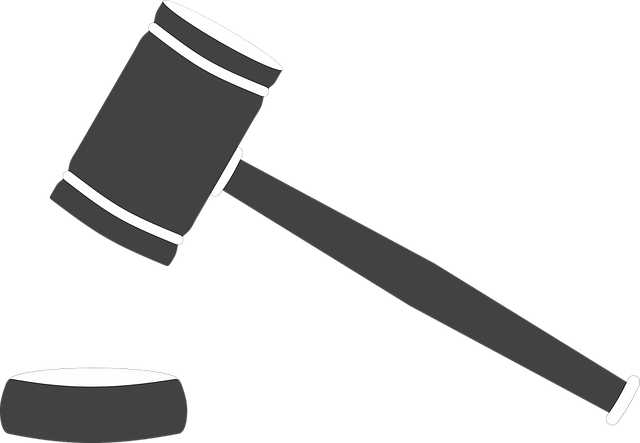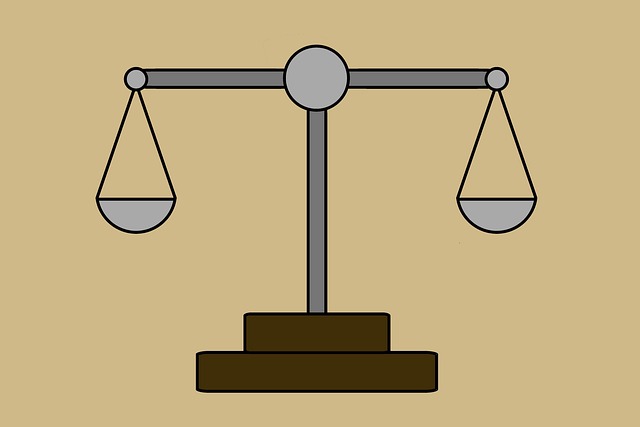Victims of defective product injuries have legal recourse through product liability, including strict products liability and negligence claims. Established by cases like Greenman v. Yuba Power Products, strict liability holds manufacturers accountable for unreasonably dangerous products. In Florida, this law is crucial in ensuring manufacturer responsibility and consumer protection. Damages sought include medical expenses, lost wages, pain and suffering, and punitive damages for reckless behavior. Consulting a specialized legal expert enhances chances of fair compensation and deterring future defective product conduct.
In the complex landscape of product liability law, understanding how courts ascertain responsibility for defective product injuries is paramount. When a product fails and causes harm, determining liability involves navigating intricate legal frameworks. This article dissects the process, focusing on strict products liability and negligence claims. We explore the evidence required to prove manufacturer culpability and the resulting damages, offering insights crucial for both legal professionals and consumers navigating defective product injury cases.
- Understanding Legal Framework for Defective Product Cases
- Establishing Manufacturer Liability: Strict Products Liability
- Determining Negligence: Proof and Damages in Injury Claims
Understanding Legal Framework for Defective Product Cases

When a defective product causes harm, understanding the legal framework guiding such cases is paramount for victims seeking justice and compensation. The law recognizes that manufacturers, distributors, and retailers owe a duty of care to ensure their products are safe for intended use. This responsibility extends beyond mere adherence to regulatory standards; it involves a broader concept known as product liability. In many jurisdictions, this legal doctrine holds these entities accountable for any injuries or damages resulting from defective products they place in the marketplace.
Product liability claims often revolve around concepts like negligence, strict liability, and breach of warranty. A personal injury consultation may be beneficial for individuals navigating such cases, especially when dealing with complex issues related to property damage claims. In situations where a manufacturer fails to exercise reasonable care in designing or producing a product, they may face legal repercussions under a theory of negligence. Furthermore, even if no fault can be established, strict liability laws still hold these entities responsible, emphasizing the importance of ensuring consumer safety regardless of negligence.
Establishing Manufacturer Liability: Strict Products Liability

In cases of defective product injuries, establishing manufacturer liability often hinges on the concept of strict products liability. This legal doctrine imposes a presumption of negligence on manufacturers and sellers, regardless of any actual fault or knowledge of defects. When a product is found to be unreasonably dangerous and causes harm to the consumer, the manufacturer is held strictly liable for the resulting damages. Such cases typically focus on proving that the product was defective, the defect was a significant contributing factor in the injury, and the plaintiff’s damages are a direct result of said defect.
This approach, pioneered by influential legal cases like Greenman v. Yuba Power Products, ensures accountability for manufacturers. It encourages them to prioritize safety and quality control measures to prevent such injuries. In Florida, where a significant number of personal injury attorneys operate, including those specializing in car accident cases and nursing home neglect, strict products liability plays a crucial role in holding manufacturers responsible for their products’ safety, ultimately protecting consumers from defective products that can cause severe harm.
Determining Negligence: Proof and Damages in Injury Claims
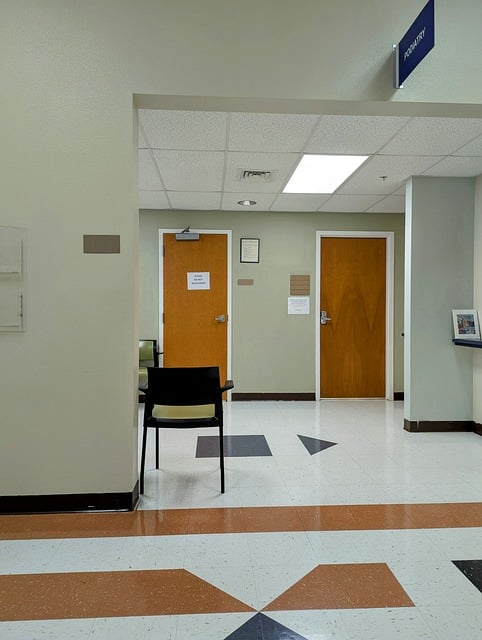
When a defective product causes an injury, establishing negligence is a crucial step in determining liability. To succeed in a defective product injury claim, plaintiffs must prove that the manufacturer or seller owed them a duty of care, breached this duty, and their injuries were directly caused by the breach. The process involves presenting evidence to show that the product was defectively designed, manufactured, or had an inadequate warning, and that these issues led to the plaintiff’s harm.
In personal injury cases, damages are a significant consideration. A Boca Raton auto accident attorney or car accident lawyer Orlando might argue for various types of compensation, including medical expenses, lost wages, pain and suffering, and in some cases, punitive damages if the defendant’s actions were particularly reckless. The goal is to ensure that plaintiffs receive fair and full reimbursement for their injuries and losses, while also deterring similar conduct from manufacturers and sellers in the future.
In cases of defective product injuries, courts employ a comprehensive legal framework that combines strict products liability and negligence principles. By understanding these key components, victims can navigate their rights and seek justice for harm caused by unsafe products. This article has explored the legal landscape, shedding light on how courts ascertain liability and the potential avenues for compensation in defective product cases.

